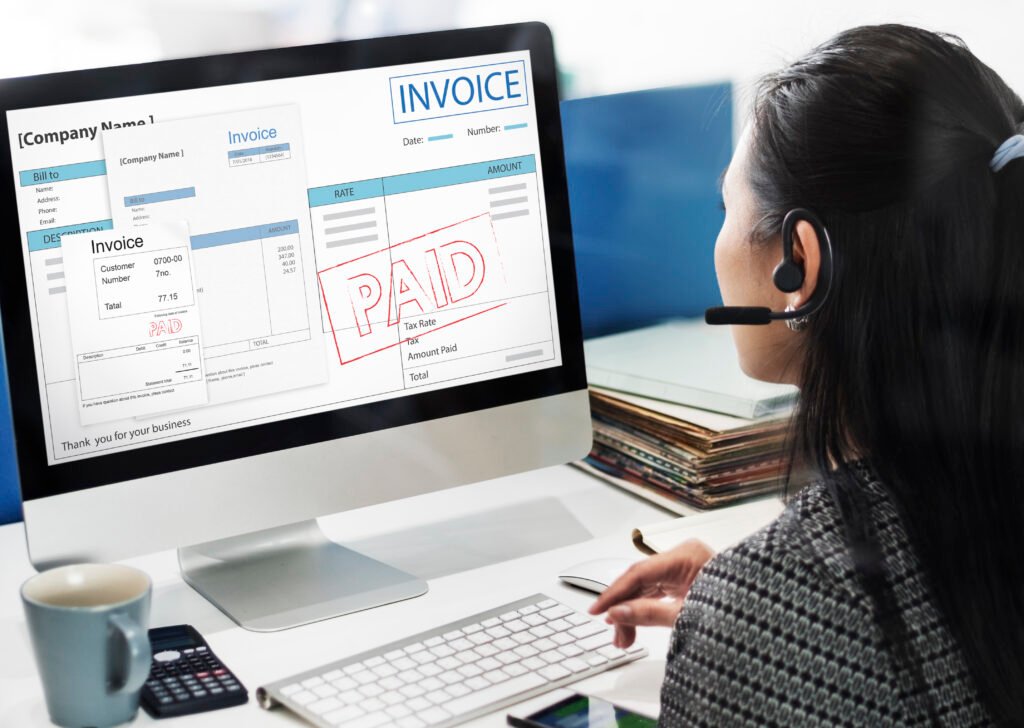Invoice Financing Simplified: Unlocking Cash Flow for Business Growth

In today’s dynamic business landscape, maintaining a robust cash flow is paramount for sustainability and growth. One effective strategy to achieve this is through invoice financing. This financial tool allows businesses to access funds tied up in unpaid invoices, providing immediate liquidity to meet operational needs and seize growth opportunities.
Understanding Invoice Financing
Invoice financing is a financial arrangement where businesses use their outstanding invoices as collateral to obtain immediate funds from a lender. Instead of waiting for customers to pay their invoices, companies can receive a significant portion of the invoice value upfront, enhancing their cash flow and operational efficiency. This approach is particularly beneficial for businesses facing extended payment terms or dealing with late-paying clients. It provides a proactive approach to managing cash flow, enabling businesses to navigate financial uncertainties and maintain smooth operations.

Types of Invoice Financing
Invoice financing encompasses various structures, primarily categorized into:
Invoice Factoring
In invoice factoring, a business sells its outstanding invoices to a financing company (factor) at a discount. The factor assumes responsibility for collecting payments from the customers. Once the customer pays the invoice, the factor remits the remaining balance to the business, minus a fee for the service. This method not only provides immediate cash but also transfers the collection responsibilities to the factor, allowing businesses to focus on core activities. Additionally, factoring can reduce administrative burdens and free up internal resources, further enhancing operational efficiency.
Invoice Discounting
Invoice discounting allows businesses to borrow money against their unpaid invoices while retaining control over their sales ledger and customer relationships. The company receives a percentage of the invoice value as an advance and is responsible for collecting payments from customers. Once the invoice is paid, the business repays the lender, along with any agreed-upon fees or interest. This option is often confidential, meaning customers are unaware of the financing arrangement. Businesses that prefer to maintain direct customer relationships often opt for this method, as it allows them to preserve their brand image and customer trust.

How Invoice Financing Enhances Cash Flow Management
Effective cash flow management is crucial for business success. Invoice financing offers several advantages in this regard:
- Immediate Access to Funds: By converting unpaid invoices into immediate cash, businesses can cover operational expenses, invest in growth opportunities, and avoid cash flow shortages.
- Flexibility: Financing amounts are directly tied to sales; as your business grows, the available funding increases proportionally, providing a scalable solution.
- No Additional Debt: Since invoice financing leverages existing assets (invoices), it doesn’t add debt to the balance sheet, preserving the company’s financial health.
- Mitigation of Late Payment Risks: Immediate funds from invoices reduce the impact of late payments, ensuring smoother financial operations.
- Improved Working Capital: Businesses can maintain better control over their working capital, ensuring timely payments to suppliers and employees.
- Enhanced Credit Control: Some invoice financing providers offer credit control services, helping businesses manage their receivables more efficiently. This can help businesses reduce the risk of bad debts and improve overall financial stability.
Real-Life Applications of Invoice Financing
Invoice financing is utilized across various industries to address cash flow challenges. Here are a few examples:
- Manufacturing Industry: A manufacturing company with lengthy production cycles and extended customer payment terms uses invoice financing to maintain steady cash flow, enabling timely payment to suppliers and uninterrupted production schedules. This ensures production targets are met and client commitments are honored without disruptions.
- Wholesale and Distribution: Wholesalers often deal with bulk orders and extended payment periods. By leveraging invoice financing, they can access immediate funds to replenish stock and fulfill large orders without financial strain. This allows them to capitalize on bulk purchasing discounts and meet fluctuating market demands.
- Professional Services: Consulting firms and agencies may experience delays in client payments. Invoice financing allows them to manage payroll and operational expenses without waiting for client invoices to be settled. This helps retain skilled professionals and ensures uninterrupted service delivery.
- Construction Sector: Construction companies often face cash flow issues due to staged payments and project delays. Invoice financing provides the liquidity needed to pay subcontractors and purchase materials promptly. It helps maintain project timelines and prevents costly delays.
- Transportation and Logistics: Companies in this sector often grapple with delayed payments from clients. Invoice financing ensures that fuel costs, driver wages, and vehicle maintenance expenses are covered on time, ensuring smooth operations.

Conclusion
Invoice financing serves as a powerful tool for businesses seeking to enhance cash flow without incurring additional debt. By understanding its mechanisms and benefits, companies can make informed decisions to support their financial stability and growth. Whether dealing with extended payment terms, managing seasonal demand, or aiming for expansion, invoice financing offers a flexible and efficient solution to meet diverse business needs. Embracing this financial strategy can empower businesses to thrive in an increasingly competitive marketplace. As businesses navigate evolving market conditions, having access to flexible financing solutions can provide the agility needed to stay resilient and drive long-term success.
